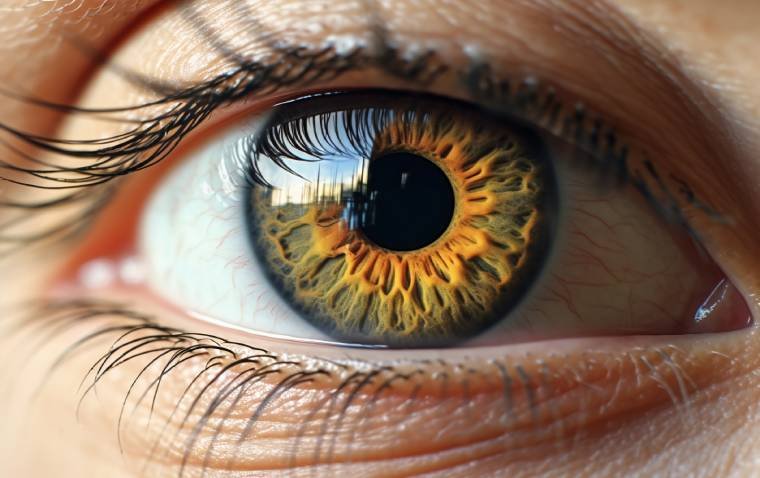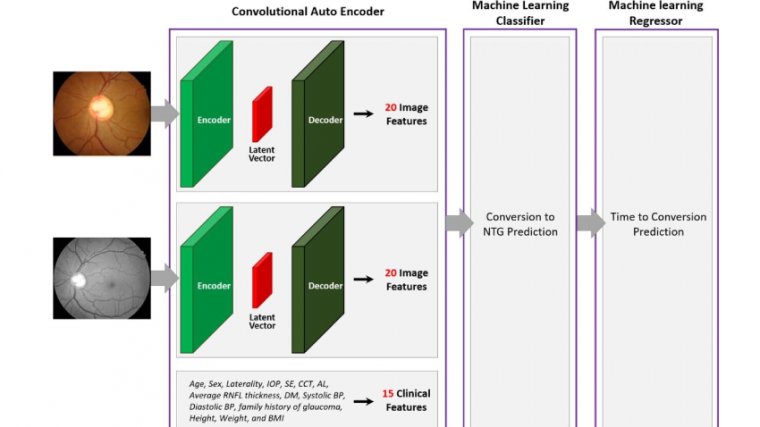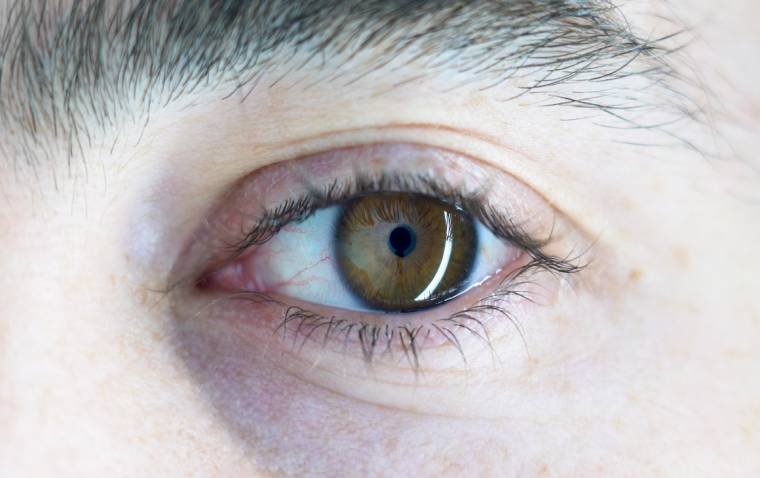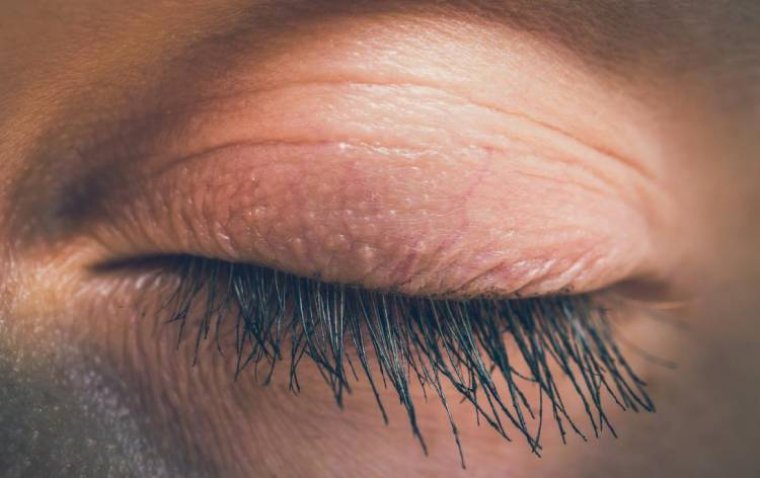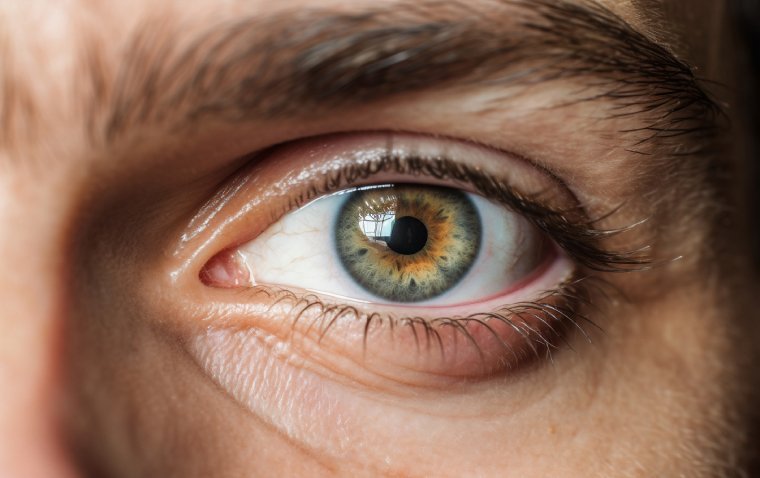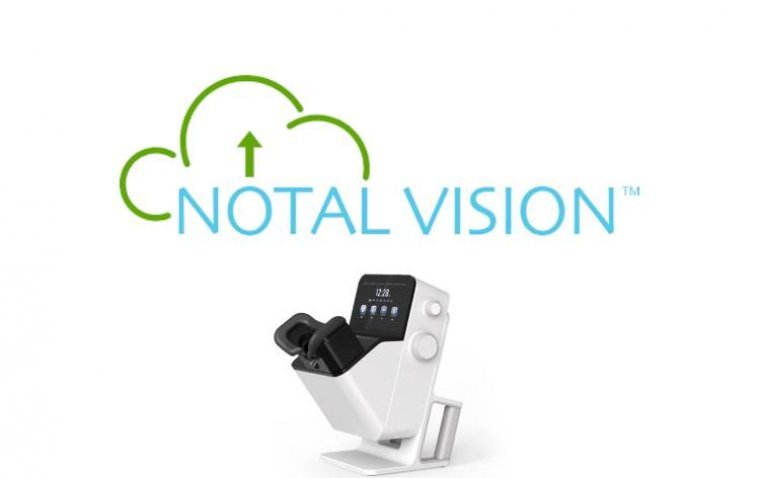
Notal Vision's Home-Based OCT Trial Shows Promising Results in Managing Wet AMD
Notal Vision announced findings from a pioneering clinical trial using home-based optical coherence tomography (OCT) to oversee patients with wet age-related macular degeneration (AMD). Published in Retina, the results highlighted a notable reduction in office visits and treatment frequency, while maintaining stable visual acuity.
Trial Design and Implementation
The trial, approved by the Institutional Review Board (IRB), involved 15 patients diagnosed with wet AMD in at least one eye, treated across three specialist practices in the United States.
Over a six-month period, 21 eyes were managed using the home OCT device provided by Notal Vision Monitoring Center, which also offered virtual support and patient education. Notably, patients did not receive device training in the physician's office; instead, they self-administered scans that were securely uploaded to a cloud for periodic review by study investigators.
Methodology and Outcomes
Physicians established thresholds based on time and structural biomarkers to prompt notifications for timely data review. The trial compared treatment frequency and visual acuity outcomes against each patient’s historical data under standard care, spanning up to two years from their initial AMD diagnosis.
Results indicated a substantial decrease in both office visits and treatment frequency, with the mean treatment interval extending from 8 to 15.3 weeks. Throughout the trial, mean visual acuity remained steady. High adherence to home OCT usage was reported, with an average of 6.2 scans per week per eye.
Investigator Insights
Lead investigator Nancy M. Holekamp and colleagues underscored the trial’s success in demonstrating the feasibility and efficacy of home OCT as a management tool for patients with treatment-experienced wet AMD.
This trial marks a significant advancement in remote monitoring technologies for chronic eye conditions, potentially offering patients more convenience and reducing healthcare costs associated with frequent clinic visits.
About Wet AMD
Wet age-related macular degeneration (AMD) is a progressive eye disease and a leading cause of severe vision loss among people aged 50 and older. It occurs when abnormal blood vessels behind the retina start to grow under the macula, the central part of the retina responsible for sharp, central vision needed for activities like reading and driving. These blood vessels leak fluid and blood, causing damage to the macula and leading to rapid central vision loss. Symptoms may include distorted or blurred vision, dark spots in central vision, or a sudden decrease in visual acuity.
Reference
Holekamp, Nancy M., et al. "Prospective trial of Home OCT guided management of treatment experienced nAMD patients." RETINA (2024): 10-1097. DOI: 10.1097/IAE.0000000000004167
(1).jpg)


